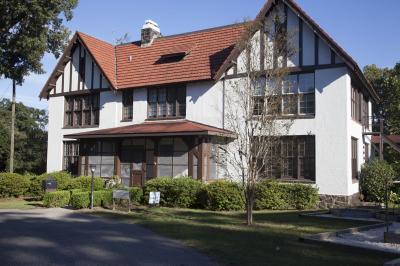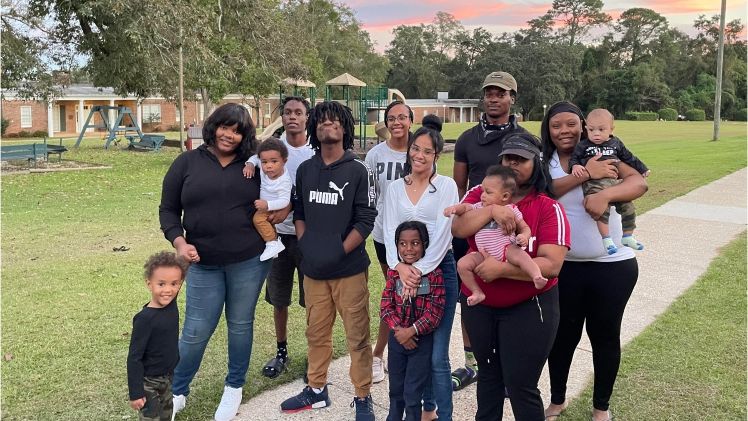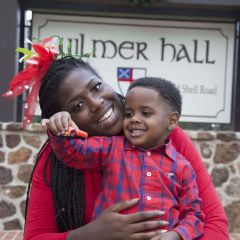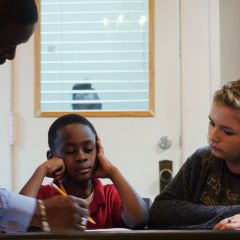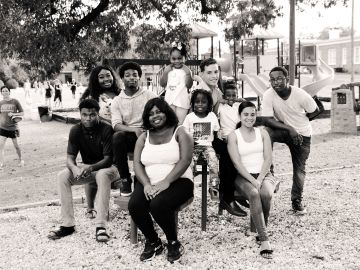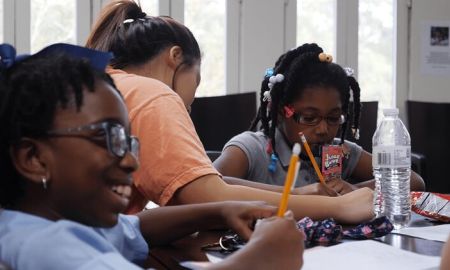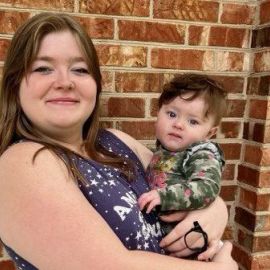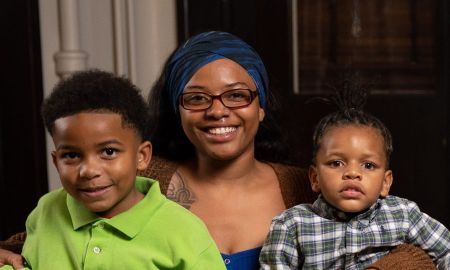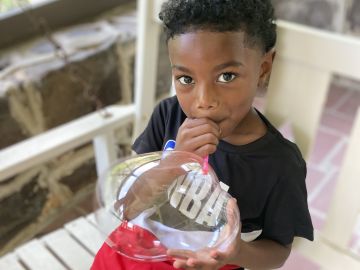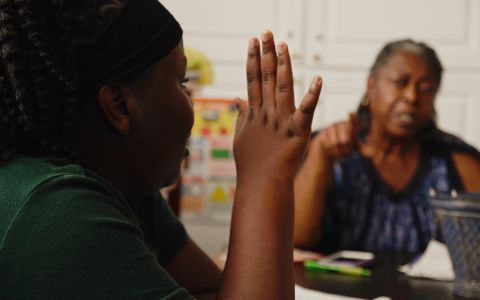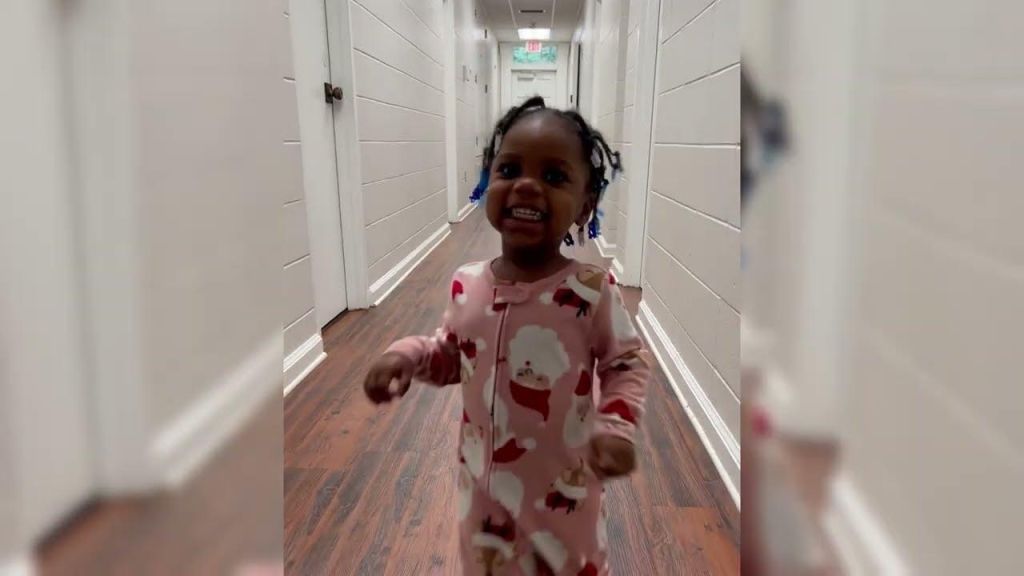Current Core Programs Founded
In 2007, the Transitional Living Program began, serving young adults who have been homeless, at risk of being homeless or living in an unhealthy or unsafe home.
In 2009, Education4Life began on-campus tutoring for school children from around the community who are in need of academic support.
In 2014, the Transitional Family Program began serving young mothers and their children who have been homeless, at risk of being homeless or living in an unhealthy or unsafe home.
In 2017, using Education4Life's successful model, we began tutoring programs in schools around the community to form the Community-Based Education Program.
In 2019, Wilmer Hall founded a delivery-based Food Pantry, serving food insecure individuals and families in the community.
